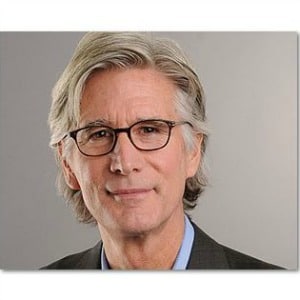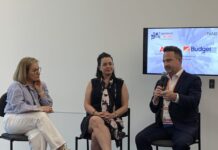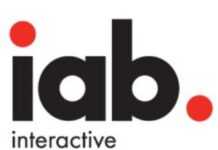
(By Bob McCurdy) The other day I was telling a couple of colleagues that I was going to write an article that dealt with the following subject and they began to chuckle, commenting that, “Great, now he’s figured out a way to work 24/7.”
I told them the title of the article was going to be something like, Never Waste a Good Night’s Sleep, as I relayed to them my experience of sorting through personal and business issues while sleeping and my habit of keeping a notepad near my bed. I relayed to them a quote I had read years ago from Ben Franklin or one of those other smart, accomplished colonials that went something like, “Never put your head on your pillow without telling yourself first what problem you’d like to solve by morning.”
The truth is that I don’t always mutter these words before bed but it is uncanny how much “progress” I’ve made on challenging issues over the years while asleep. I know it sounds crazy and maybe ridiculous but often solutions just kind of “present” themselves the next morning.
The fact is our brains operate on two levels — the conscious and the non-conscious — and the non-conscious part of the brain, unlike our conscious part, never takes a break. It’s operational 24/7/365. It’s why we hear loud noises while sleeping, pull up the covers when chilled, hit the bathroom, dream, etc. It’s “awake” and operational when we are not.
At around three pounds, the brain accounts for only a couple of percent of our total body mass, but it consumes a disproportionate amount of energy — some 20 percent of the calories we eat every day (it’s why we feel tired without having done any physical work). Conscious thought is not only hard work but “expensive” in energy terms, which is why the brain tends to shift its more challenging processing tasks toward the automated, “energy efficient,” non-conscious kind of processing.
Nothing escapes our non-conscious brain. Neuro-marketing experts have estimated that the human brain receives about 11 million bits of information per second but only uses about 50 bits in conscious thought. If we were equate our conscious mind and our non-conscious mind with the processor of our laptop computer, our non-conscious mind processor would be about a million times more powerful than our conscious mind processor. Our non-conscious mind’s problem-solving capacity is massive.
Shutting our minds off completely before sleep is not possible and it turns out, according to recent research, that our brains do way more when we snooze than was once thought. “We show that the sleeping brain can be far more ‘active’ in sleep than one would think,” according to Sid Kouider, a cognitive neuroscientist at the Ecole Normale Supérieure in Paris. “Every night, while we lie asleep, blind, dumb, and almost paralyzed, our brains are hard at work. Neurons in the sleeping brain fire nearly as often as they do in a waking state, and they consume almost as much energy,” according to University of Wisconsin-Madison researchers Giulio Tononi and Chiara Cirelli. It’s even been written that the famous actor, Clark Gable, actually learned his movie lines by having someone read him the script while he slept.
Check this out:
“I woke up with a lovely tune in my head. I thought, ‘That’s great, I wonder what that is?’ There was an upright piano next to me, to the right of the bed by the window. I got out of bed, sat at the piano, found G, found F sharp minor 7th — and that leads you through then to B to E minor, and finally back to E. It all leads forward logically. I liked the melody a lot, but because I’d dreamed it, I couldn’t believe I’d written it. I thought, ‘No, I’ve never written anything like this before.’ But I had the tune, which was the most magic thing!”
The quote is Paul McCartney’s, relaying how the song “Yesterday” came about. Here’s another one:
“I go to bed as usual with my guitar, and I wake up the next morning, and I see that the tape is run to the very end. And I think, ‘Well, I didn’t do anything. Maybe I hit a button when I was asleep.’ So I put it back to the beginning and pushed play and there, in some sort of ghostly version, is [the opening lines to ‘Satisfaction’]. It was a whole verse of it. And after that, there’s 40 minutes of me snoring. But there’s the song in its embryo, and I actually dreamt the damned thing.”
The quote is from Rolling Stones guitarist Keith Richards describing how he wrote what is recognized as one of the greatest rock n’ roll songs of all time, “Satisfaction.”
While we might never write a rock classic, we still might be able to solve/resolve vexing business challenges by paying a little bit more attention to what’s on our minds immediately upon awakening each morning.
Bob McCurdy is The Vice President of Sales for The Beasley Media Group and can be reached at [email protected]





